The "Pedagogical Movements: Célestin Freinet" Initiative
"When they ask us: what is the line of your movement? We should probably answer: We are the movement that moves the lines. Without any desire for the lines of a battle, border lines and alignments, but with an undoubted tenderness on the lines of the horizon, the print lines and the lines of beauty. "
Célestin Freinet
The Scientific Team responsible for the Innovative Action: Dr Vasiliki Brinia - Head of the Action, Dr Babis Baltas, Stella Badikian, Katerina Alexiadi, Katerina Zacharopoulou, Katerina Paouri, Dr Zoi Morou, Maria Kantourou, Christos Katsaros.
Linking the Action with the strategy and the needs of AUEB
Athens University of Economics and Business is one of the country's top Universities, which has a vision of being recognized internationally as a center of excellence. This goal means modern curricula, more effective pedagogical teaching methods, and an emphasis on linking theory to practice.
The vision of the Program is in line with the strategic plan of AUEB in 2016-2021, which is excellence, extroversion and innovation for the education of prospective educators and future executives of education with values, emotional intelligence and leadership skills, in order to become carriers of administrative and educational innovation in the wider international environment.
In the design and implementation of the Action, one of the main objectives of the Program is the cultivation of experiential learning for the candidate's education through experiential learning. In particular, prospective teachers are familiar with Freinet’s pedagogy, where:
The child cultivates its mind, its heart and its spirit within the collectivity, the team, the school community. With the support of the group, friendship, cooperation, mutual assistance, sharing, mutual respect are developed. The child views its school as a collective as well as a personal issue. Students work as a community, assume roles and responsibilities in collective projects and actions - from watering the class flowers, sharing garden care, to library, recycling, or writing school papers. Children are positively socialized by developing responsibility and diligence, and in this way they cultivate autonomy and freedom. The notion of freedom is fundamental in Freinet’s pedagogy as is respect for the rights of the child.
Also, cooperation in school is more about solidarity and mutual aid rather than competition. Collaboration in the Freinet class is framed by dialogue, communication, equality, and not hierarchy. Collaboration in a classroom-community is of great significance in teaching peace and non-violence in schools. An important tool in the organization of school life in Freinet’s pedagogy – a pedagogy of cooperation, community environment, non-violence in schools - is the students’ council.
Vision of the Initiative
The vision of the Initiative is linked to the words of 1993 Peace Nobelist, Nelson Mandela, that "education is the most powerful weapon we can use to change the world.".
Thus, the Initiative introduces Freinet pedagogy to the education of prospective teachers and, by extension, to the school of the future according to the following fundamental principles:
- cooperation and citizenship
- Communal-cooperative organization of school life
- Free expression and communication
- "natural" learning method
- research - experimental palpation
- connecting the school with the community-society.
Aims of the Initiative
The main objectives of the Initiative are for each student:
- To acquire education as a teacher with influences from Freinet pedagogy.
-To acquire a theoretical and empirical background as well as ideas on how to integrate Freinet pedagogy into the teaching of economics and computer science at school.
-To learn to design, organize and apply the fundamental principles of Pedagogy Freinet in the teaching of economics and computer science at school.
Scientific Foundations of Action
"WHY THE FREINET PEDAGOGY? A Pedagogical Philosophy with a political educational vision "
With Freinet Pedagogy, we have a pedagogical philosophy with a political educational vision. Pedagogy Freinet meets Critical Pedagogy, according to which teachers and students can work critically to change, to a little or a great extent, the reality that surrounds them for the better.
In Freinet Pedagogy, students learn through experience, the so-called "palpable exploration" and "natural" learning method by emphasizing on their interests and sensitivities. Children enjoy the joy of initiative, free choice, creation and vision to improve their lives through learning and working in school.
The vision for a better life concerns a peaceful, free, democratic and just society with equality, fair distribution of goods to all, without discrimination, without violence, without hypocrisy. The vision is about a society that operates through collectivity, participation and solidarity, where the concept of the community will be reborn.
It is, therefore, a different kind of education that develops these values every day in school life - freedom, democracy, cooperation, solidarity, equality and respect for diversity - not as knowledge but as a life experience.
Approach - Means
For the self-driven education of the students, a multifold, experiential and group-oriented approach is followed. The teaching method followed has a helical structure and its main axes are: a) the individual and group effort, b) the theoretical approach of the subject, and c) the empirical-experiential approach in connection with the school environment.
Partnerships for the Action
Association: Pedagogical Team for the Promotion of Freinet Pedagogy in Greece - The Squad Archive - Experimental palpations towards a community school.
Learning results
The internal and external, innovative experiments that have been organized have shown over time and research to inspire self-directed learning among prospective teachers.
Press Release
Φωτογραφικό Υλικό
- Η παιδαγωγική του Σ. Φρενέ σε έξι συναντήσεις: 23/11/18, 7/12/18, 14/12/18, 15/2/19, 22/2/19 και 1/3/19
- Η Παιδαγωγική Φρενέ στο Πρόγραμμα Σπουδών στις Επιστήμες της Αγωγής και της Εκπαίδευσης του ΟΠΑ - 14/12/2018
Scientific responsible of the initiative: Dr Vasiliki Brinia
References:
Sophia Lahlou "FREINET PEDAGOGICAL PRINCIPLES AND TECHNIQUES IN THE PUBLIC SCHOOL"



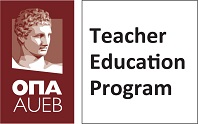
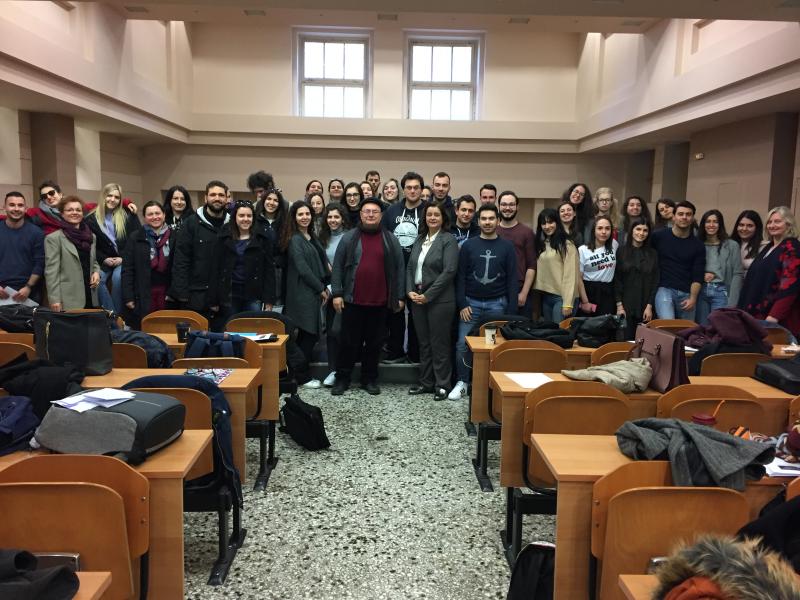
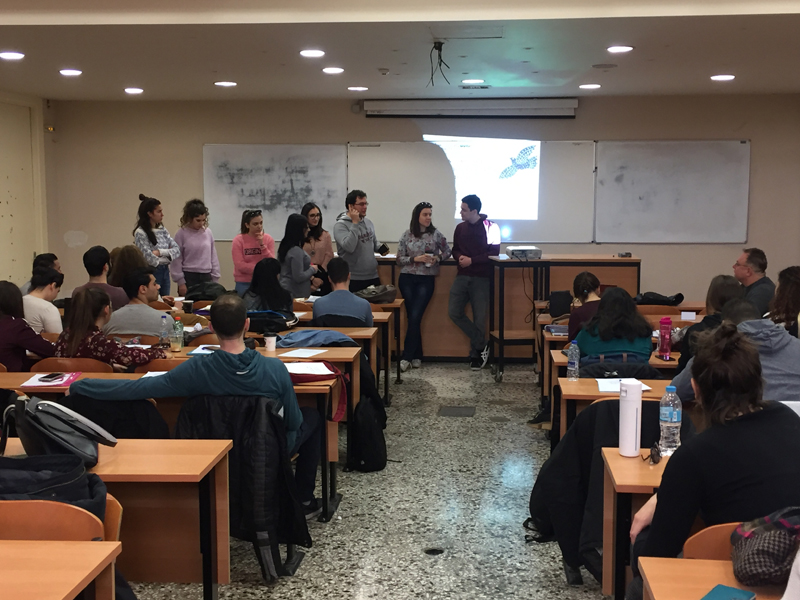
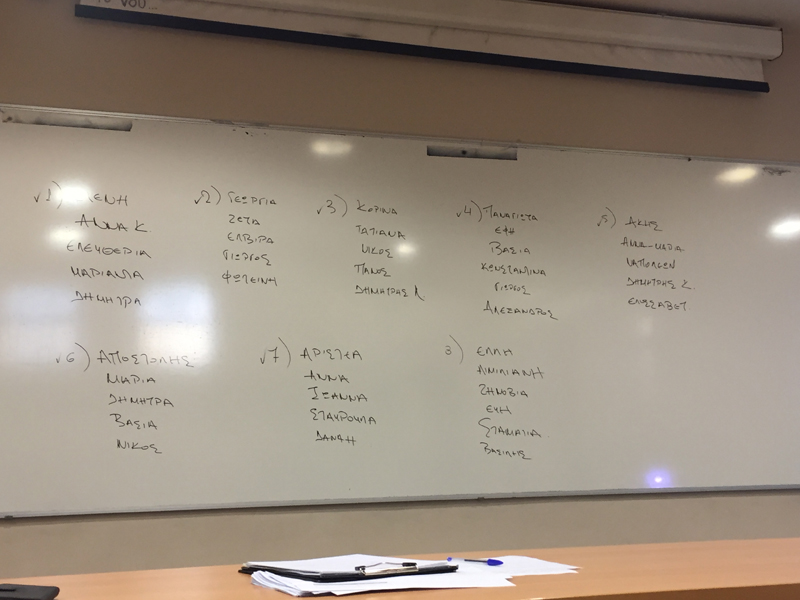
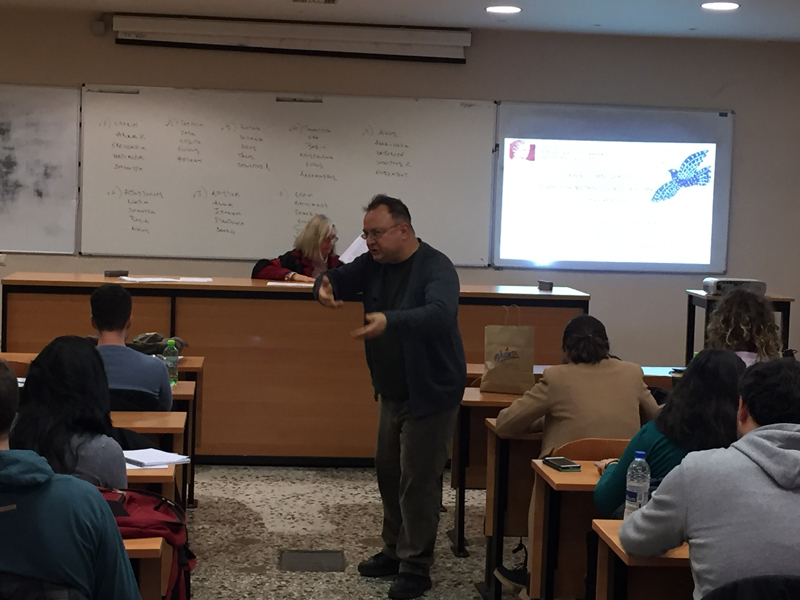
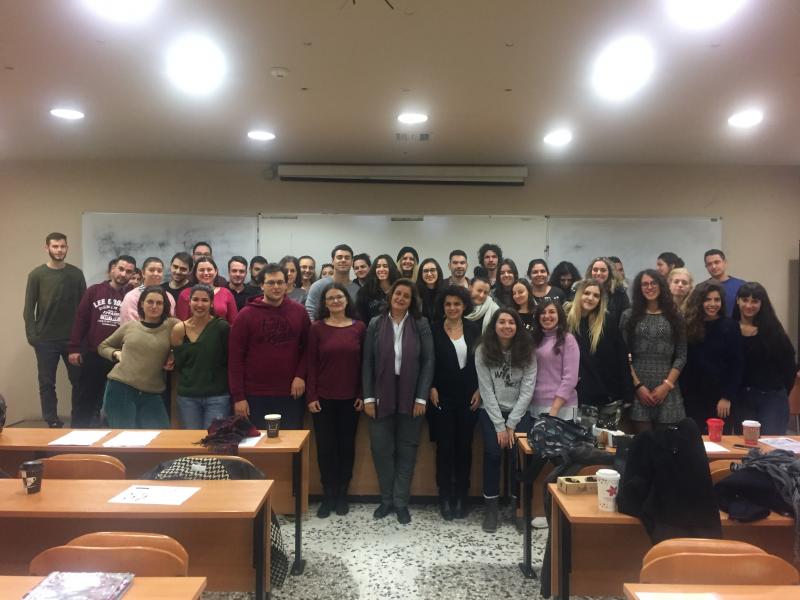
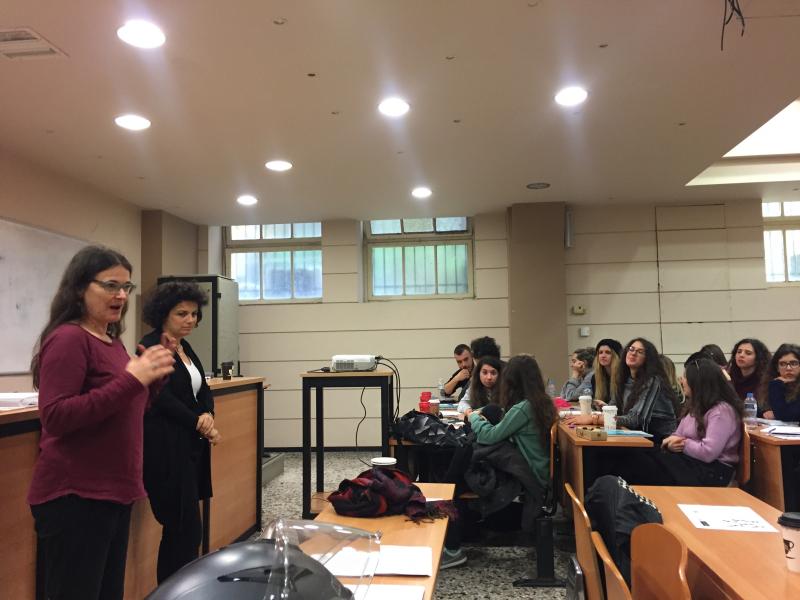
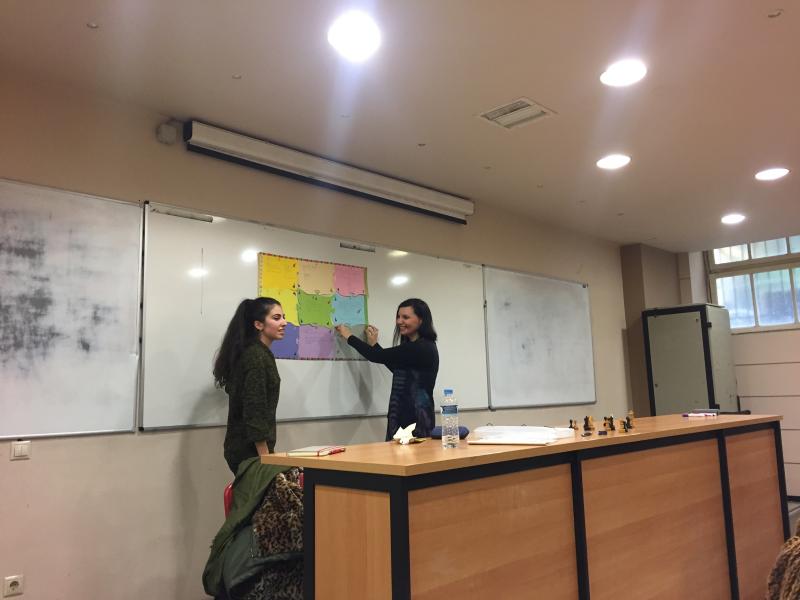
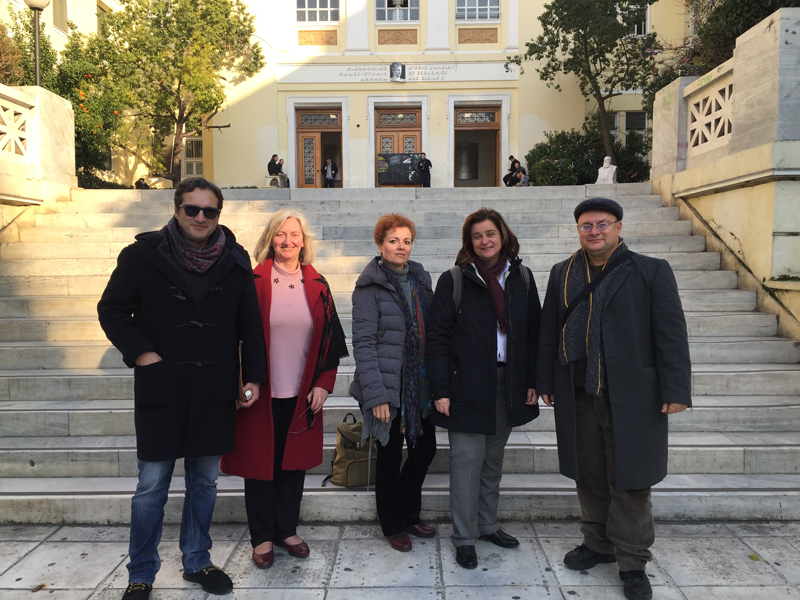
 76 Patission Str.
76 Patission Str.
